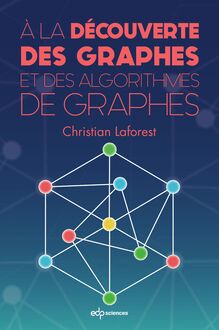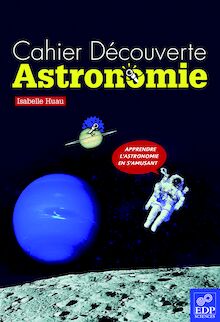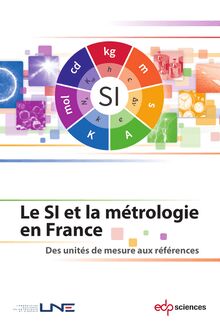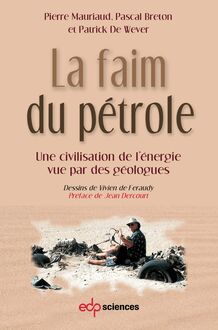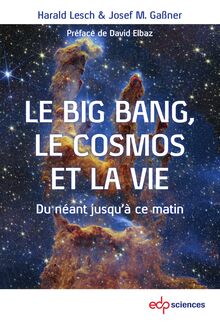Informational Lights from Service Science for the progression of Society , livre ebook
122
pages
English
Ebooks
2020
Obtenez un accès à la bibliothèque pour le consulter en ligne En savoir plus
Découvre YouScribe et accède à tout notre catalogue !
Découvre YouScribe et accède à tout notre catalogue !
122
pages
English
Ebooks
2020
Obtenez un accès à la bibliothèque pour le consulter en ligne En savoir plus
Publié par
Date de parution
08 juin 2020
Nombre de lectures
0
EAN13
9782759824748
Langue
English
Poids de l'ouvrage
1 Mo
That the Age of Enlightenment of the 17th and 18th centuries, the spirit of reason, science, humanism and progress, as opposed to obscurantism, has led to the emergence of scientific, disruptive knowledge, even regarding the foundations of Society, is indisputable to anyone using their reason. Thus, were brought about great transformations of Society, which took place.
In our time, digital technologies, through enabling observations of otherwise invisible phenomena, induce also a multitude of disruptive practices. As this effect and its inevitable implications continue to accelerate into the future, their integration into the progression of Society and enterprise is now absolutely imperative.
The intention of this book is to bring out the intelligence of the progression of Society or of enterprise by enabling the intelligence of living together (Human Sciences), the intelligence of solutions (Natural Sciences) and the intelligence of the artificial (Sciences of Engineering, including the Digital), to connect together through the informational intelligence of services. Such a connection is established thanks to Service Science. It forms the base for the Informational Lights.
Michel Léonard is a professor at the University of Geneva since 1977 in Information Systems and Service Science. He has been the initiator of numerous courses and curricula including the Franco-Swiss European DEA MATIS, and of the IESS (International Conference on Exploring Service Science) series of international scientific conferences. His research has focused on the one hand on methods for the design and evolution of information systems, and on the other hand on the creation of database management systems in accordance with these methods. They now focus on Service Science by adding the informational dimension.
Publié par
Date de parution
08 juin 2020
EAN13
9782759824748
Langue
English
Poids de l'ouvrage
1 Mo
